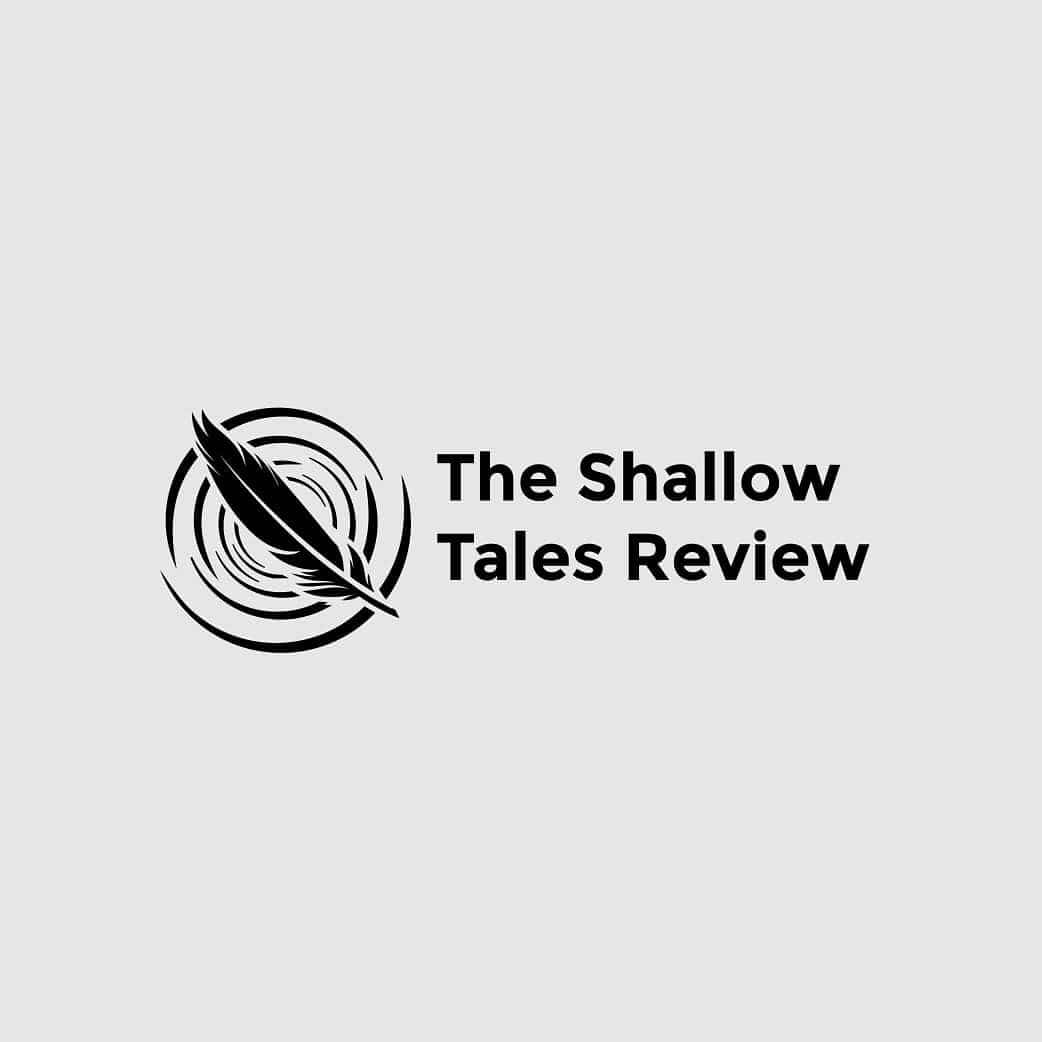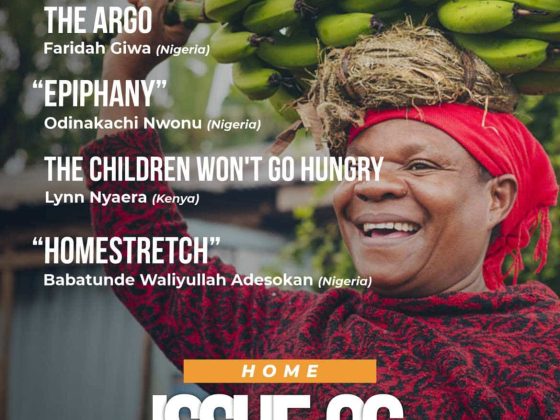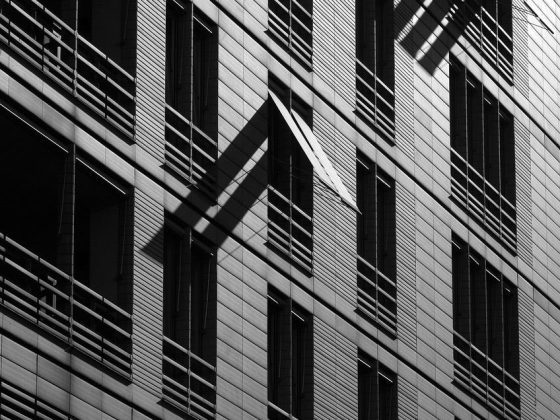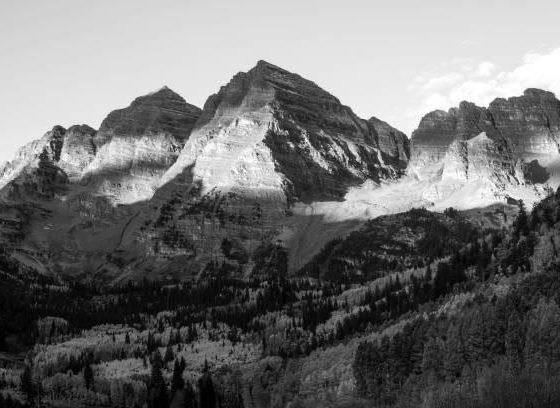Writing is intoxicating, deviant, spiritual. Literature teaches, and literary writers have been known to unlearn, and then to un-teach, and go against the norm. The best art has been known to unsettle the thin line between the normal and the abnormal. Writers are contrarian, thus. They bring to the fore those truths that might not have been seen as true. They embellish, too. And it is this unique prerogative of the creative writer and artist that sets them out from the scientists: the belief in the existence of what many may not be able to see, or to see as true. You see, writing is a hallowed, divine conclave, and writers are permitted to say these things, to be these things, to be different, paranormal, to detail these as creatively as possible while still maintaining the truth.
True to this, in a 2019 interview, Nigerian poet, Umar Abubakar Sidi, notes that, “To seek the transcendental, I immerse myself in the pool of feeling which I imagine to be fluid, fully immersed I court delirium, ecstasy, hallucination, drunkenness, illumination and bliss. After emerging out this pool, I try to recount this experience on paper.” This is the super power of the artist, their proximity to the ethereal, to the spiritual, to gods and to God himself.
We are proud to present to you another issue of the magazine. We have worked tirelessly to bring this to pass. It broke our backs. Our — once again coincidental — encountering of the facets of the mystical, the contrarian and the unseemly in the accepted works this issue convinced us that “Paranature” was a good angle to theme the issue.
A notable case in the issue is Clement Miracle Ifeanyichukwu’s Lost Things, an immersive tale of the twins, Gloria and Glory, who discover that their neighbour, an old man largely demonised and written-off for killing his son, is not exactly the wizard he is thought to be. The work hinges lightly on the supernatural, but alas this is only a product of the minds of the twins, and not a thing in real life. In reality, the old man is as normal as normal can be. But fear breeds spectres from the air, much as grief shrinkles the soul of a man.
Uchechukwu Peter Umezurike’s The Story is an Egg, or Five Fragments explores deep mysticism and the supernatural. Broken into five seemingly uncoordinated movements, the story serves as an archetype of the metaphysical holding stage in fiction.
“Come to us when our fathers’ tirade curses / you’ll meet rest / standing outside our bodies declared an outcast” underline Ifenaike Michael Ayomipo’s ennui in “Apathy.” In Ayomipo’s poem, he narrates, through his persona, his disillusionment in “a God” who is rather too quick to dish out curses than blessings. He links this God with the image of earthly fathers in whose mouths the efficacy of prayers has been lost.
While an aged woman in Ifunanya Madufor’s The Age of Friction grieves over the loss of her children to a generation that has overtaken hers rather too quickly, one riddled with more open queerness and a laxity by the young towards the old, Stephen Embleton’s young characters in Of Robots and War are baffled when their war veteran father metamorphoses, seemingly, into a robot.
Herein is a metaverse. We have curated stories that baffle the senses. They are deep and introspective, dark, odd and exciting, all at the same time. Their counter normative posture is all the more endearing and thrilling. The writers tell of grief, of a coming of age, of disillusionment towards old faith, and of a disbelief in all that has been proven as normal.
Our fingers are crossed in earnest hope that you enjoy reading this issue, as much as we enjoyed putting it together. Welcome to the age of divergence; welcome to Paranature.
Nzube Nlebedim
January 2022






